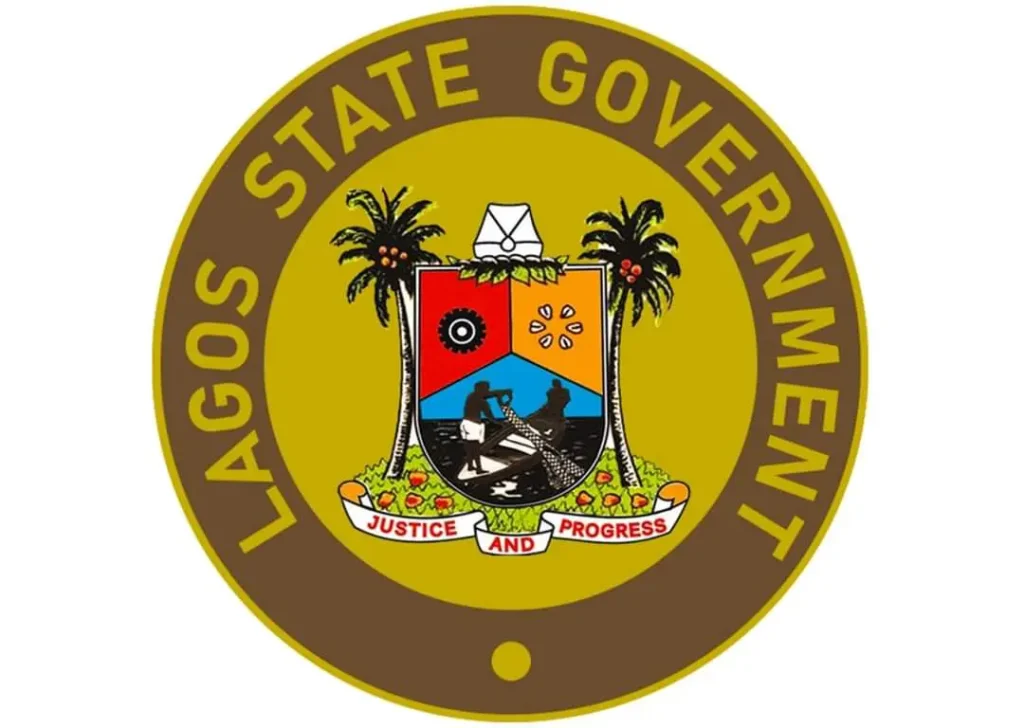Road Safety Drives to a Safer Nation: Vice-President Inaugurates National Road Safety Advisory Council
The Vice-President of Nigeria, Kashim Shettima, has launched a bold effort to transform the country’s road safety landscape with the inauguration of the National Road Safety Advisory Council (NaRSAC). This development comes as no surprise, as the Vice-President has long been a vocal advocate for improved road safety in Nigeria.
On Friday, the Vice-President welcomed delegates from across the country to the Presidential Villa in Abuja, where the council was formally established. In his opening remarks, Shettima emphasized the crucial role road safety plays in connecting the nation’s people, saying it is not just a matter of policy, but a vital part of the lifeblood that sustains the country.
The council, comprised of six governors, 17 ministers, and several key stakeholders, was tasked with setting National Road Safety Strategy targets and ensuring coordination between federal, state, and local governments to achieve shared objectives. Shettima commended the Federal Road Safety Corps (FRSC) for its commitment to addressing Nigeria’s road traffic challenges, citing the agency’s “robust strategy” to address the nation’s road traffic issues.
The Vice-President also acknowledged the seamless coordination between federal and state executives, as well as various government agencies, as a testament to the spirit of unity that defines the essence of working together for the common good.
The council’s inception follows recommendations from the World Bank Country Capacity Review, which identified areas of improvement in Nigeria’s road traffic administration and safety management. Shettima urged FRSC Corps Marshal, Shehu Mohammed, to adopt the recommendations as a catalyst for much-needed reforms in the sector.
In his address, Mohammed stated that the council’s inauguration marks a new era in road safety management in Nigeria, and pledged to fast-track the implementation of the Nigeria Road Safety Strategy (NRSS). He also emphasized the administration’s commitment to safeguarding the lives and property of citizens on the roads, citing the globally accepted “safe system approach” to managing road safety.
The potential for significant progress in reducing road traffic crashes is palpable, as Nigeria now has a unique opportunity to reduce to zero the number of deaths recorded in such incidents. As the council sets to work, it is clear that the road to a safer nation is being paved, one milestone at a time.
With the Vice-President at the helm, the council’s membership includes six governors, representing each of the country’s six geo-political zones, as well as ministers and key stakeholders from various sectors. The Nigerian government’s commitment to revamping its road safety framework is a beacon of hope for a safer, more prosperous future. As the council embarks on its journey, it is crucial that all stakeholders join forces to drive home this vision, ensuring that the roads of Nigeria become a safer haven for all.



